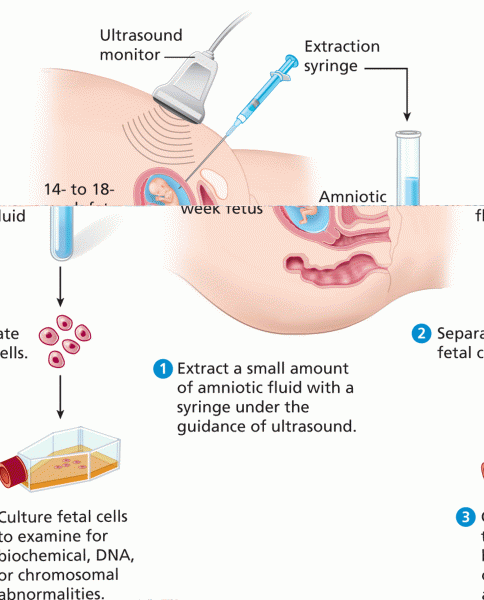|
|
|
A strange skin disease referred to as Morgellons has occurred in the southern United States and in California. Symptoms include slowly healing sores, joint pain, persistent fatigue, and a sensation of things crawling through the skin. Another symptom is strange-looking, threadlike extrusions coming out of the skin.
Barbituric acid, the base material of barbiturates, was first synthesized in 1863 by Adolph von Bayer. His company later went on to synthesize aspirin for the first time, and Bayer aspirin is still a popular brand today.
Stroke kills people from all ethnic backgrounds, but the people at highest risk for fatal strokes are: black men, black women, Asian men, white men, and white women.
The FDA recognizes 118 routes of administration.
Approximately 500,000 babies are born each year in the United States to teenage mothers.
 Positron emission tomography (PET) image showing the difference in the metabolic activity of the bra
Positron emission tomography (PET) image showing the difference in the metabolic activity of the bra
 Edward Bellamy, author of the utopian novel Looking Backward (1888) Bellamy’s socialism worried many
Edward Bellamy, author of the utopian novel Looking Backward (1888) Bellamy’s socialism worried many
 How the Wernicke-Geschwind model works in a person who is responding to a heard question and reading ...
How the Wernicke-Geschwind model works in a person who is responding to a heard question and reading ...




